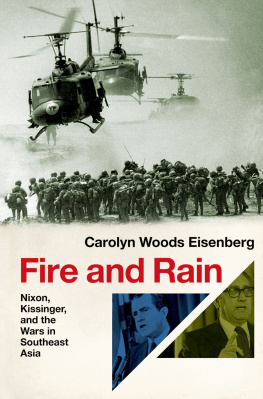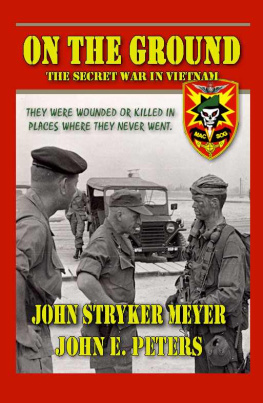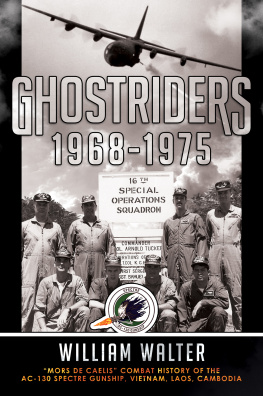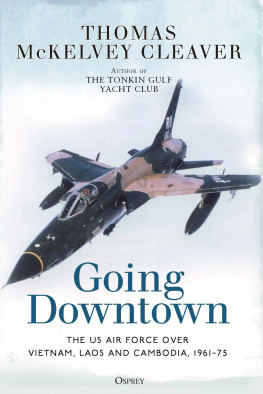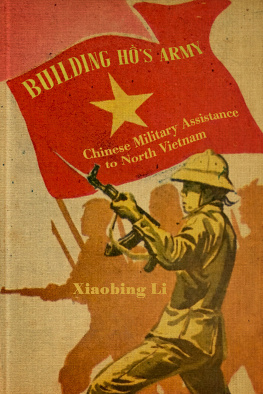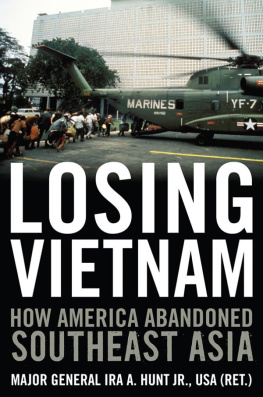III
Beware of the Pale Civilian
By law, the Joint Chiefs of Staff (JCS) are the principal military advisers to the President, the National Security Council, and the Secretary of Defense. In 1965, however, as President Johnson approached his decision to commit United States ground forces to fight in Vietnam, he did not make full use of the professional military counsel available to him. But Johnsons reluctance to seek military advice from uniformed professionals was in accordance with a trend begun with the National Security Act of 1947, which at once finalized and circumscribed the powers of the JCS and the individual service secretaries.
To some degree, the Joint Chiefs of Staff brought this reduction upon themselves due to a natural tendency on the part of each service chief to serve the interests of his own service, sometimes to the detriment of the overall defense establishment. The central concern of the Joint Chiefs of Staff was the growing military power of the Soviet Union. Quite naturally, each chief felt his own service should play a leading role in meeting the communist challenge. Inevitably, disputes arose from time-to-time. As a result, it was said around Washington, the Congress debates, the Supreme Court deliberates, but the Joint Chiefs bicker.
In time, the Congress and the president agreed to strengthen the power of the secretary of defense in an attempt to smooth out inter-service rivalries. In 1953, that was done by taking the JCS out of the chain of command so that it ran from the president to the secretary of defense through the civilian service secretaries to the commanders in the field. In 1958, the service secretaries were removed from the chain of command. The JCS were given operational responsibility for the unified and specified commands. But actual orders descended from the president to the secretary of defense to the unified and specified commands deployed around the globe.
It should be noted that the orders of the commander-in-chief and/or the secretary of defense go through the Joint Staff, which the secretary of defense uses as his military staff. Although the chairman of the Joint Chiefs of Staff outranks all other officers of the Armed Forces, he may not exercise military command over the Joint Chiefs of Staff or over any of the Armed Forces. The Defense Reorganization Act of 1958 reduced the role of the service chiefs and the military departments to suppliers of soldiers, sailors, airmen, and marines to the unified and specified commands for use as directed by: (1) the commander-in-chief and (2) the secretary of defenseboth civilians.
The 1958 Act increased the scope of the chairmans duties making him the spokesman for the other chiefs to the secretary of defense and the commander-in-chief. Presumably, the chairman would present the joint view of the chiefs and, when there were unresolvable differences, he would try to be the honest broker of the divergent view or views to the secretary and president (General Earle G. Wheeler, who died in 1975 at age 67, carried the burden of honest broker for six difficult years.) In addition, the new law put a formal restraint upon free and easy communication between the service chiefs and the Congress. In effect, the chiefs had to defend official positions of the Department of Defense and could state their views only under direct questioning while testifying before congressional committees. Any of the Joint Chiefs of Staff could go around the chairman and the secretary directly to the president if they wished; however, courtesy and military custom would require them to inform the chairman and the secretary of defense prior to taking such action. Therefore, free communication with the president was inhibited by this chain of command.
By 1960, the stage was set for Robert McNamara. Seizing the initiative and armed with the requisite legal authority and the unqualified backing of President Kennedy, Secretary McNamara began to bring all activities in the Defense Department under his own control. Central to the effort was Mr. McNamaras conviction that the direction of the Department of Defense demands not only a strong, responsible civilian control, but a Secretarys role that consists of active, imaginative and decisive leadership in the establishment at large, and not the passive practice of simply refereeing the disputes of traditional and partisan factions.
McNamaras first steps changed the rules by which decisions about military strategy and procurement were made. To do this, McNamara brought into his office a staff of systems analysts. McNamara and his staff felt that the generals and admirals relied too much on their judgment and experience as a basis for decisions. The generals and admirals felt that some things just could not be quantified and had to be decided on the basis of judgment and experience. Over the McNamara years, the battle centered on just where this fine line lay.
Technology favored Mr. McNamara. The computer and communications revolutions allowed the secretary of defense to gather information about almost every aspect of the Armed Services. Commenting on the conflict between the military and management, John B. Keeley at the University of Virginia said,
The management procedures imposed on the military by civilians are less the result of a conscious attempt to undermine military expertise than they are the almost inevitable consequence of improved means for information gathering which permits higher authorities in every kind of organization to pervade nearly every activity at almost every level. The information dredge which scours the organization at all levels for more and more information also erodes the basis of authority for subordinate leaders.
Nor was the burgeoning technology of the new information industry all that influenced Mr. McNamara. His own background, his rise to power in the Ford Motor Company conditioned him to think in management versus labor terms. As secretary of defense, he and his civilian staff were the managers of the armed forces, while the people in uniform were the labor element, the senior officers being analogous to foremen. (This failure to understand and respect the real nature of military people was later to make for confrontation where before there had been mutual trust, confidence, and loyalty. The McNamara perception, plus the tendency to downgrade military service from a profession to an occupation, led some to talk of unionizing the military.)
Authority shifted in the McNamara Pentagon from the generals and admirals, who had spent their lives as practitioners of military and naval science, to a group of young civilians armed with only unending questions and the business machines to process rapidly the answers to those questions. The struggle over who should make decisions and how they should be made was difficult enough, but to that was added a degree of personal animus. The generals and admirals could scarcely conceal their contempt for McNamaras whiz kids and McNamara and his civilian colleagues had little respect for the military. As Robert W. Berry, who served in the office of McNamaras general counsel and later served as general counsel for the Department of Army put it:
Not only did the Secretary substitute his judgment for the military advice given him, but also his subordinates did. We saw the growth, of course, of systems analysis, first under the Assistant Secretary of Defense Comptroller and, subsequently as a separate Assistant Secretaryship. But this was not the only place within OSD that the staff started to operate almost independently of the military. The International Security Affairs area is another place in which there was a strengthening of that shop, and it was relied on probably more than the Joint Staff during the early days. Thus, the Secretary involved himself in weapons acquisition, strategy, and perhaps even tactics. This, of course, was a whole new ballgame for the military. It was the first time that a Secretary of Defense had asserted that he had authority in every aspect of the Department of Defense. The obvious effect of this was to, in the opinion of many, downgrade the military. My analogy is simply that for the first time the military forces were commanded by a civilian Secretary.


